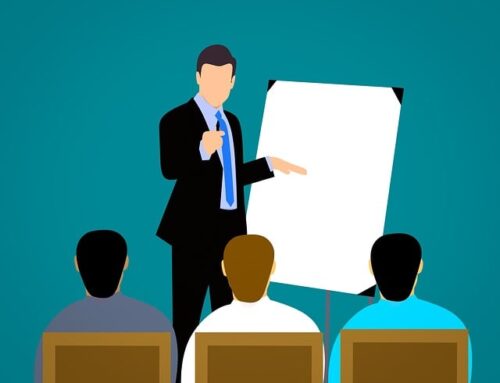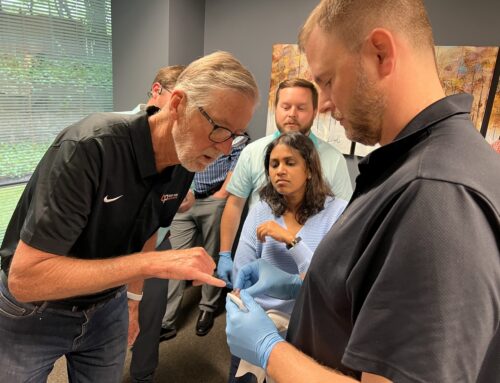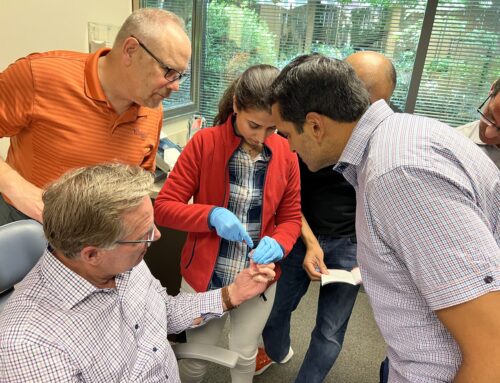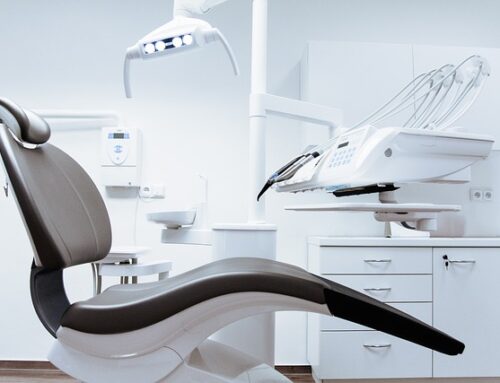We have some exciting news for you! Would you like to join one of our sessions, but from the comfort of your own home? Well, you are in luck. We have a two-day education program that will cover dental sleep medicine and orofacial pain. We will also discuss TMJ disorders and briefly touch on other orofacial pain seen in a general dental practice.
Join us November 11-12 for our dental sleep medicine and orofacial pain webinar. Here is what to keep in mind ahead of the webinar.
What we know about sleep apnea
More than 18 million Americans suffer from sleep apnea, which is when a person’s airway gets blocked while sleeping. This often happens because a person has obesity and additional tissue thickens the wall of the windpipe, making it more difficult to keep open.
Sometimes it is because the throat muscles relax more than normal. Meanwhile, a long, bony neck can also make for a narrower airway, leading to sleep apnea.
The most common treatment for sleep apnea is the use of a CPAP machine. But many patients are noncompliant to this form of treatment and do not want to undergo surgery. When this is the case, a better option may be oral appliance therapy, which is provided by dentists. By wearing an oral appliance, it opens the airway by pushing the lower jaw forward and is more comfortable than a CPAP machine mask.
What we know about orofacial pain
Orofacial pain covers a wide spectrum of symptoms and can be exhibited in many head and neck areas. However, most complications are associated with TMD. A key part of routine dental exams for all patients and the gold standard for diagnosing TMD is based on the patient’s history, clinical examination and imaging when necessary.
What is the connection between airway issues, bruxism and TMD?
It is no longer a question of “if.” Instead, it is a question of proper evaluation and diagnosis by the dental and medical teams. As dentists, we will often evaluate, refer and possibly manage these issues that are impacting a large percentage of the population.
With a clear relationship, we look to understand that clenching or teeth grinding is actually a way for the brain to protect itself from suffocation during sleep.
Ready to learn more? Join us November 11 and 12 for our online webinar. Sign up today!






